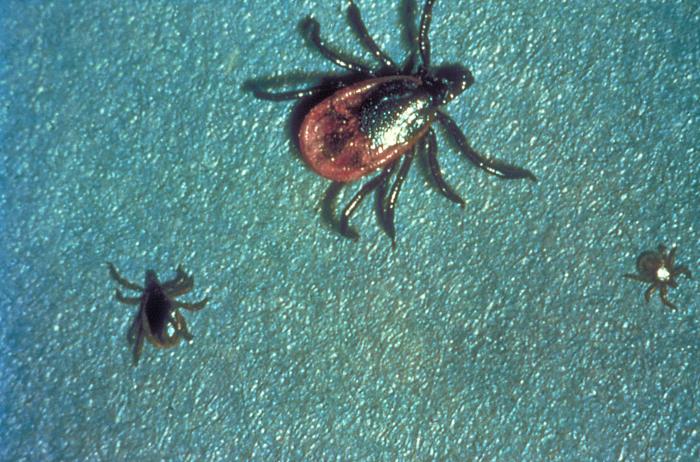Bay Area Lyme Foundation recently announced the relaunch of their free tick testing program in collaboration with Northern Arizona University.

In addition to testing for pathogens like Borrelia burgdorferi, Borrelia miyamotoi, Babesia spp., Anaplasma phagocytophilum and Rickettsia rickettsii, testing for Bartonella has been added.
3x faster treatment plan than braces
Based on the success of the 2016–2018 Free Tick Testing Citizen Science program, Bay Area Lyme Foundation has significantly increased funding for the 2019 nationwide collection effort, adding an updated submission process and increased research support. Researchers anticipate this citizen-science program will enable the organization to unearth further discoveries.
Results of the first citizen-scientist study were published in the peer-review journals PLOS ONE in 2018, and International Journal of Health Geographics in 2019. The study, which evaluated the prevalence of disease-carrying ticks throughout the United States, and included a massive sample of more than 16,000 ticks collected from 49 U.S. states and Puerto Rico, led to the discovery of ticks capable of carrying Lyme and other tick-borne diseases in 83 counties, in 24 states, where these ticks had not been previously recorded.
Sending your tick(s) will allow our scientific researchers to gather data about ticks from all over the United States. Our scientists can broaden their investigations into tick populations and glean information on the current distribution of the major tick vectors and the prevalence of tick-borne pathogens that people encounter in different locations.
Available through October 2019.
Lyme disease vaccine candidate: Initiation of second study of Phase 2 clinical development
Researcher explores how urbanization affects wildlife, spread of Lyme disease
Lyme disease: New study confirms dogs are sentinels to assess human risk
Lyme disease, ticks and the ecology with Richard Ostfeld, PhD

